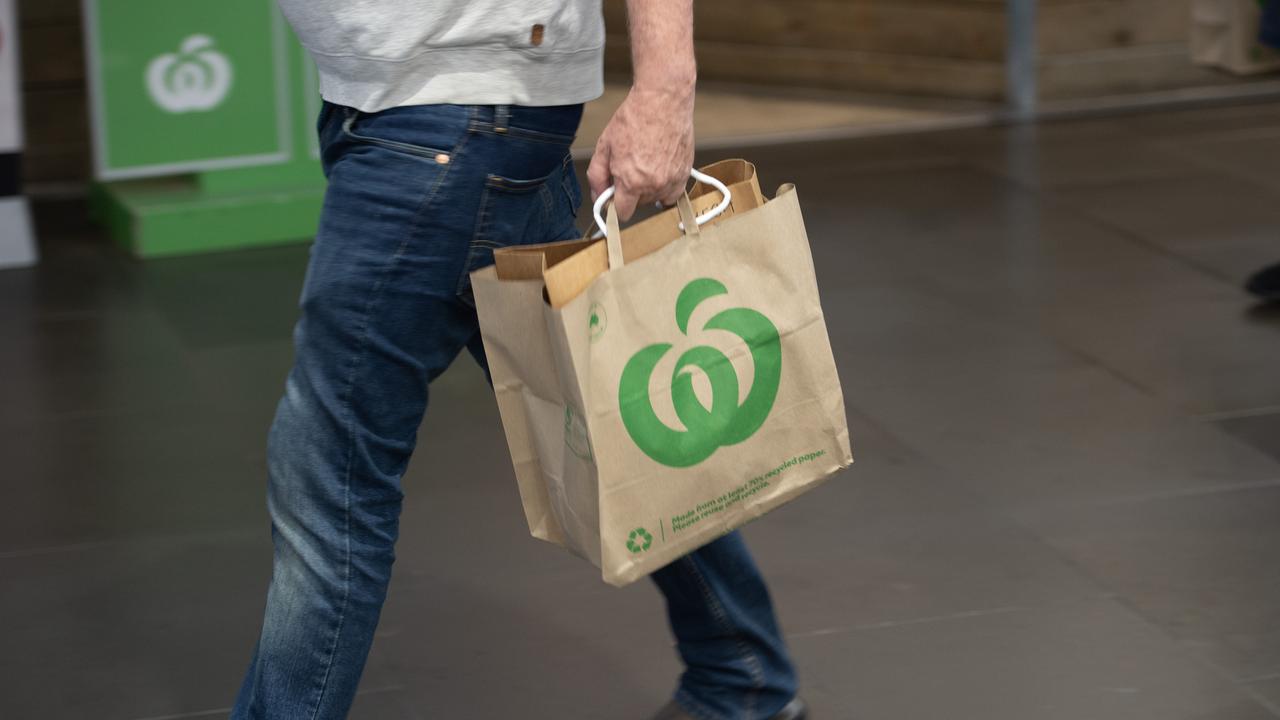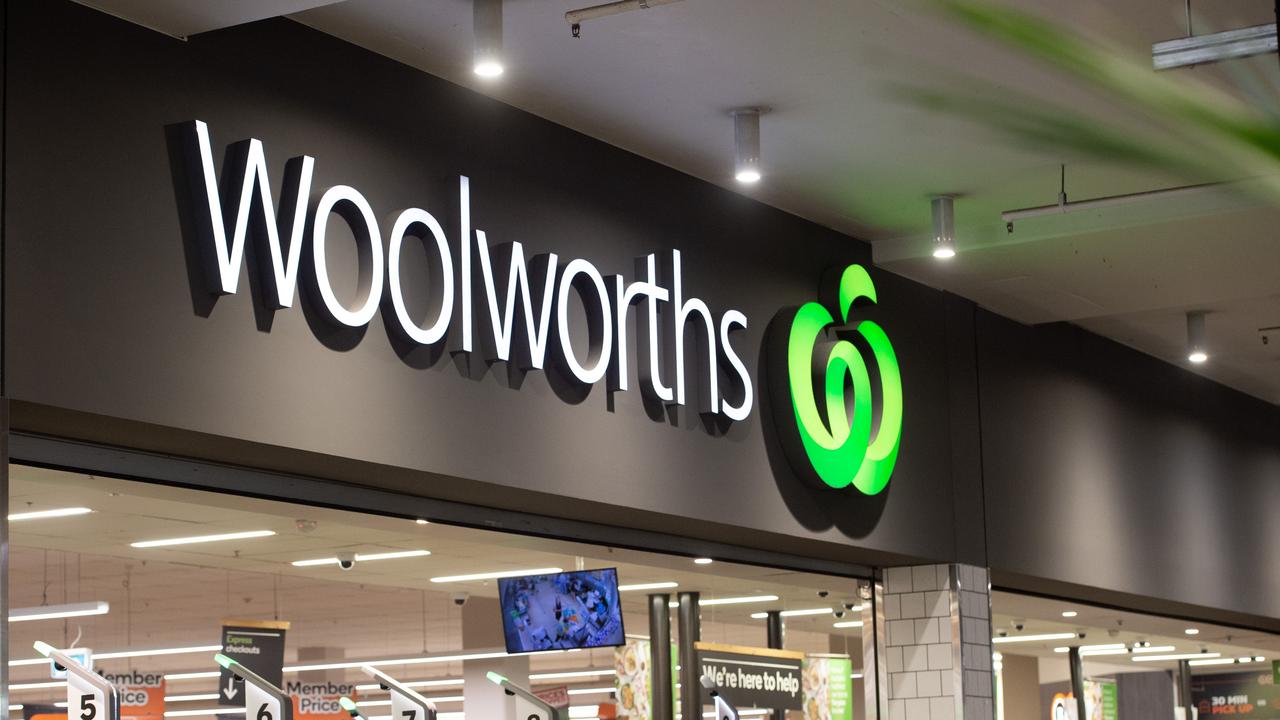Labor resisting demands to break up Coles, Woolies as competition watchdog releases issues paper for inquiry
The conduct of the major supermarkets is in the firing line but Labor is resisting calls to do one thing to break up their duopoly.

Australia’s assistant competition minister has poured cold water on a demand to break up the Coles and Woolworths duopoly.
Labor is under pressure to introduce divestiture powers that would take a hammer to the supermarket giants and forcibly break up their powers.
But Andrew Leigh has insisted it wasn’t the right way to bring down prices at the checkout for consumers feeling the sting.
“We are not looking at divestiture powers. Where they exist in other countries, they’re very rarely used,” he told Sky News.
“They’re not one of the major tools you use for getting better prices for consumers.
“Instead we are kicking off this supermarket’s inquiry through the (Australian Consumer and Competition Commission).”

The cost of food and non-alcoholic beverages has increased by 14 per cent over the past two years, according to the Australian Bureau of Statistics.
A number of inquiries are now underway on the issue of supermarket pricing, including a review by the competition watchdog, amid accusations the big chains have been engaging in price gouging — a claim both Coles and Woolworths deny.
In an issues paper released on Thursday, the watchdog signalled it would be looking at misleading price practices, ‘shrinkflation’, and data and privacy concerns relating to supermarkets.
Additionally it will also look at concerns on the supplier side, with concerns raised about disparity between the price farmers receive for their products and the retail price paid by consumers for those products at the checkout.

But an interim report will not be provided until August 31, with the full report not being handed back until 2025.
ACCC Deputy Chair Mick Keogh said the watchdog would be using its legal powers to obtain data and documents from supermarkets.
“One of our major focus areas will be the supermarkets’ approach to setting prices, and whether there is evidence to show that a lack of effective retail competition is contributing to higher prices,” Mr Keogh said.
“We will conduct a detailed comparison of the price suppliers receive for their goods and the price consumers pay at the checkout, and the profits the supermarkets earn.”
“In addition, we will be looking at other issues such as loyalty schemes, discounting practices, the shift to online shopping and the impact of home-brand products,” Mr Keogh said.
Shoppers have been encouraged to share information about how they shop and their experience with the supermarket giants in an online survey on the ACCC’s website.





